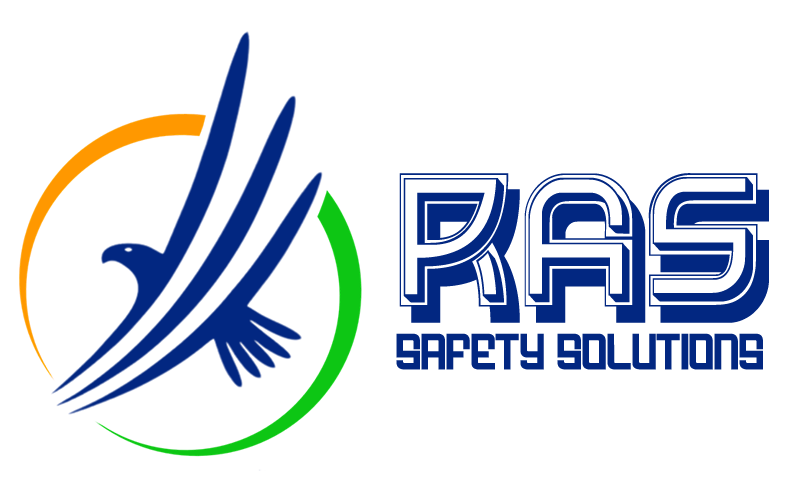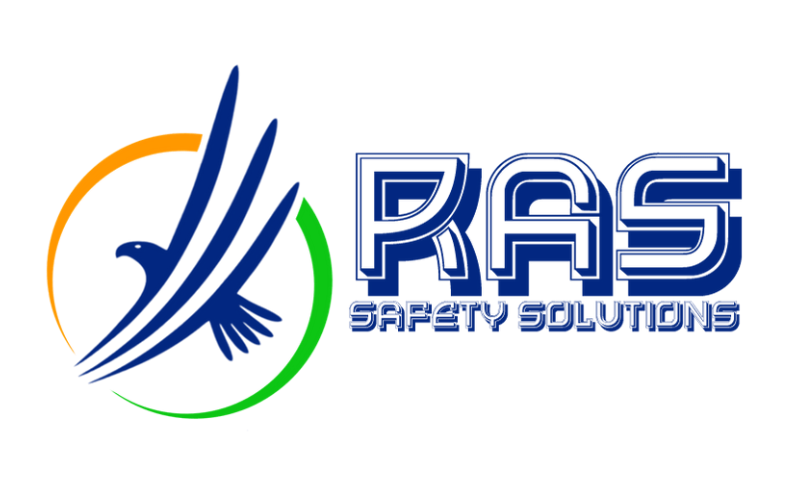
CCTV OPERATOR TRAINING
Overview:
In the realm of security measures, various strategies are employed to protect valuable assets, including manned security, physical barriers, and system-based security solutions. Among these, Closed-Circuit Television (CCTV) has emerged as one of the most critical and demanding components of system security. Unlike other security measures, operating a CCTV system requires a unique set of skills and intuition. CCTV operators must be adept at interpreting video feeds, identifying potential threats, and responding swiftly to incidents. This course is specifically designed to empower security personnel who are tasked with CCTV operation. By providing them with comprehensive knowledge, practical skills, and proven strategies, the training ensures that operators can efficiently manage surveillance tasks, enhance situational awareness, and contribute effectively to overall security efforts. The course covers essential concepts and hands-on practices, enabling participants to maximize the capabilities of CCTV systems and maintain a high level of security vigilance.
Key Contents:
-
Introduction to CCTV Systems
- Overview of CCTV Technology and Its Role in Security
- Types of CCTV Cameras and Systems (Analog, IP, PTZ, etc.)
- Understanding System Components: Cameras, Monitors, Recorders, and Network Infrastructure
-
Legal and Ethical Considerations
- Privacy Laws and Data Protection Regulations
- Legal Responsibilities of CCTV Operators
- Ethical Use of Surveillance: Balancing Security with Privacy Right
-
Surveillance Techniques
- Effective Monitoring Strategies: What to Watch For
- Identifying Suspicious Behavior and Potential Threats
- Real-Time Decision Making: When and How to Act on Observations
-
Incident Response and Reporting
- Standard Operating Procedures for Incident Response
- Communication Protocols with Security Teams and Law Enforcement
- Documenting Incidents: Writing Accurate and Detailed Reports
-
Emergency Procedures
- Responding to Alarms and Emergencies: Immediate Actions
- Evacuation and Emergency Communication Protocols
- Coordinating with Emergency Response Teams
Course Duration:
-
Basic Level: 1 Day (8 Hours)
- Introduction to CCTV operations for new security personnel. Covers basic equipment usage and monitoring techniques.
-
Intermediate Level: 2 Days (16 Hours)
- In-depth training for experienced CCTV operators, including legal aspects, advanced surveillance techniques, and incident response.
-
Advanced Level: 3 Days (24 Hours)
- Comprehensive training for senior security staff and control room supervisors. Focuses on system maintenance, troubleshooting, and advanced incident management.
Learning Outcomes:
- Proficiency in operating CCTV systems and monitoring environments effectively.
- Understanding of legal and ethical considerations in surveillance.
- Ability to identify and respond to potential security threats in real-time.
- Skills to maintain and troubleshoot CCTV systems, ensuring continuous operation.
- Confidence in handling emergencies and coordinating with security teams.
By the end of this training, participants will be fully prepared to take on the responsibilities of a CCTV operator, contributing significantly to the security and safety of their organization.


